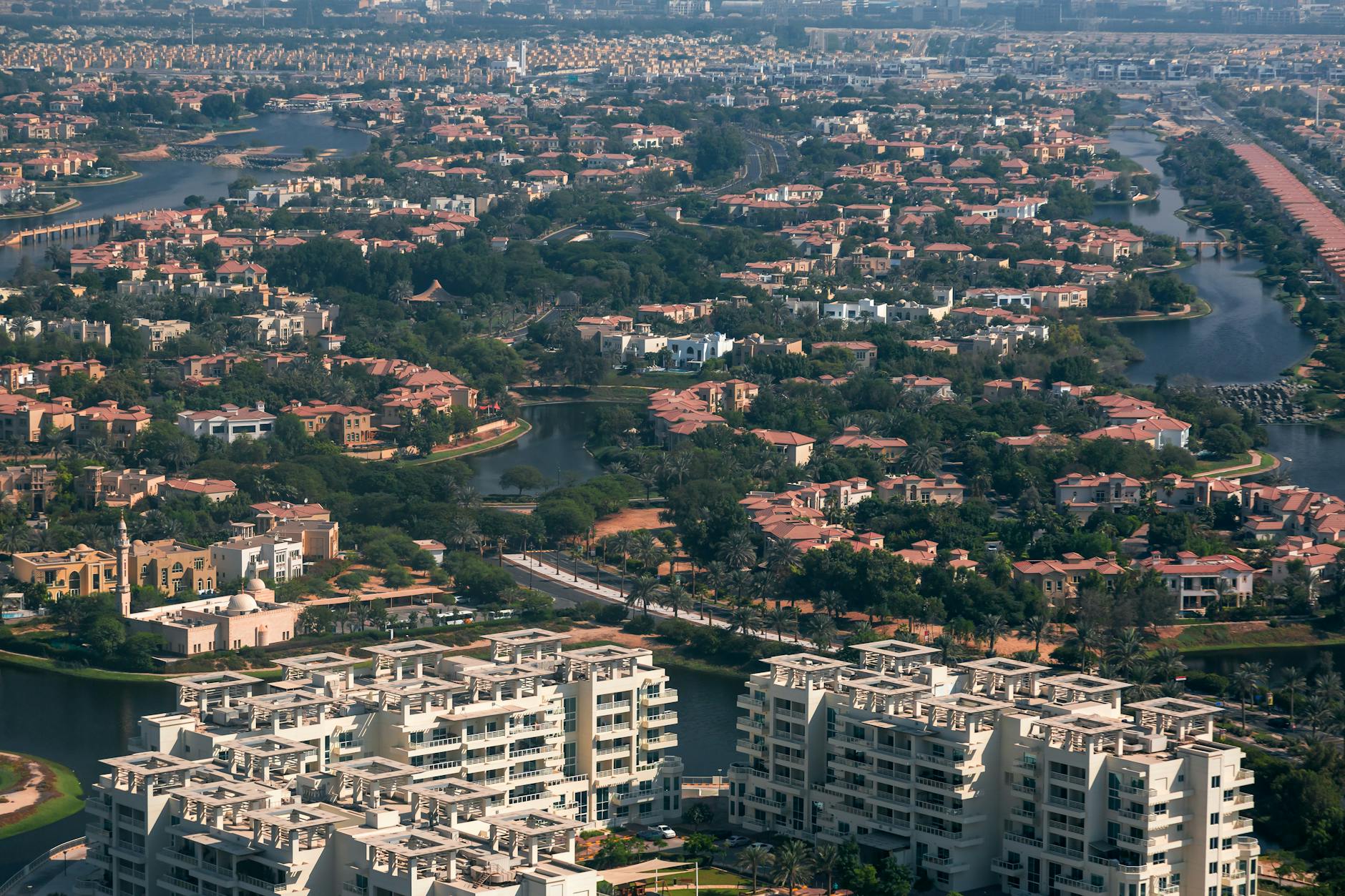Deweloper
W dzisiejszym artykule przyjrzymy się roli dewelopera w branży nieruchomości, ich odpowiedzialnościom, wymaganym umiejętnościom oraz wpływowi, jaki wywierają na kształtowanie krajobrazu miejskiego.
Responsibilities of a Developer
When it comes to the responsibilities of a developer in the real estate industry, it’s crucial to understand the multifaceted role they play in bringing projects to life. Developers are the masterminds behind acquiring land, a task that involves meticulous research and evaluation to ensure the suitability of the location for the intended project. This initial step sets the foundation for the entire development process, as the right piece of land can significantly impact the success of the project.
Securing financing is another key responsibility that falls on the shoulders of developers. They must navigate the complex world of financial institutions, investors, and lenders to secure the necessary funds to bring their vision to fruition. This requires not only financial acumen but also strong negotiation skills to secure the best possible terms for the project.
Managing construction projects is perhaps one of the most visible responsibilities of a developer. From overseeing the selection of contractors and suppliers to ensuring that the project stays on time and within budget, developers are the driving force behind the physical realization of the project. Their ability to effectively manage construction timelines and budgets is crucial to the overall success of the development.
Marketing and selling properties are the final steps in the developer’s journey. Developers must have a keen understanding of market trends and consumer preferences to effectively market their properties and attract buyers. This involves creating compelling marketing strategies, collaborating with real estate agents, and showcasing the unique selling points of the project to potential buyers.
Overall, the responsibilities of a developer are far-reaching and require a diverse skill set that encompasses financial expertise, project management capabilities, negotiation skills, and marketing savvy. It is this combination of skills that allows developers to navigate the complex world of real estate development and bring their projects to life.

Skills Required
When it comes to the skills required for a developer, it’s essential to have a diverse set of abilities to navigate the complex world of real estate development. One of the key skills is financial acumen, which involves understanding budgets, forecasting costs, and managing financial resources effectively. Without a solid grasp of finances, a developer may struggle to keep projects on track and within budget.
Project management is another critical skill that developers must possess. This involves overseeing various aspects of a project, coordinating different teams and resources, and ensuring that timelines are met. Effective project management can make the difference between a successful development and a costly failure.
Furthermore, negotiation abilities are vital for developers to secure deals, partnerships, and financing. Being able to negotiate favorable terms and agreements can significantly impact the profitability and success of a project. Developers must be adept at finding common ground and reaching mutually beneficial agreements with various stakeholders.
Market research is also a crucial skill for developers to understand current trends, demands, and opportunities in the real estate market. By conducting thorough market research, developers can identify profitable niches, anticipate future needs, and make informed decisions about their projects. This skill helps developers stay ahead of the curve and maximize their returns.
Lastly, having a vision for creating successful and sustainable real estate projects is a fundamental skill for developers. This involves conceptualizing innovative designs, incorporating sustainable practices, and envisioning how a project will fit into the larger urban landscape. A strong vision sets developers apart and drives them to create impactful developments that stand the test of time.
Impact on Urban Landscapes
When it comes to the impact of developers on urban landscapes, their influence is profound and far-reaching. Developers are the architects of the modern cityscape, dictating the skyline and layout of urban areas. Their decisions shape the very fabric of our cities, determining not only how they look but also how they function and evolve over time.
Developers have the power to transform empty lots into bustling commercial centers, dilapidated neighborhoods into vibrant communities, and neglected areas into thriving hubs of activity. Their projects can redefine the character of a city, attracting new residents, businesses, and investments that contribute to its growth and prosperity.
Moreover, developers are key players in addressing urban challenges such as housing shortages, infrastructure deficiencies, and environmental sustainability. By creating innovative and sustainable developments, they can help mitigate the negative impacts of urbanization and pave the way for a more livable and resilient urban environment.
However, with great power comes great responsibility. Developers must balance the economic imperatives of their projects with the social and environmental needs of the communities they serve. They must navigate complex regulatory frameworks, engage with stakeholders, and address concerns about gentrification, displacement, and equitable access to resources.
In essence, developers are not just builders of structures; they are creators of communities, shapers of identities, and stewards of the urban landscape. Their decisions reverberate through the cityscape, leaving a lasting imprint on the lives of its inhabitants and the legacy of future generations.

Challenges Faced by Developers
Developers in the real estate industry face a myriad of challenges that test their skills and abilities. One of the primary obstacles they encounter is navigating through the complex web of regulatory hurdles. These regulations can vary from region to region, requiring developers to stay up-to-date with ever-changing laws and zoning requirements. Additionally, economic fluctuations pose a significant challenge, as developers must adapt to market trends and financial conditions that can impact the feasibility of their projects.
Moreover, the dynamic nature of market demands presents developers with the challenge of predicting and meeting the needs of potential buyers or tenants. Understanding consumer preferences and market trends is essential for developers to create properties that are attractive and profitable. Environmental concerns also play a crucial role in shaping the challenges faced by developers. Sustainable development practices and compliance with environmental regulations are increasingly important in today’s world.
Community opposition is another significant challenge that developers often encounter. Local residents may voice concerns about the impact of new developments on traffic, infrastructure, or the character of the neighborhood. Addressing these concerns and gaining community support for projects can be a daunting task for developers, requiring effective communication and community engagement strategies.
In conclusion, developers in the real estate industry must navigate through a complex landscape of challenges ranging from regulatory hurdles and economic fluctuations to changing market demands, environmental considerations, and community opposition. Overcoming these obstacles requires a combination of strategic planning, adaptability, and strong communication skills to ensure the success of their projects.

